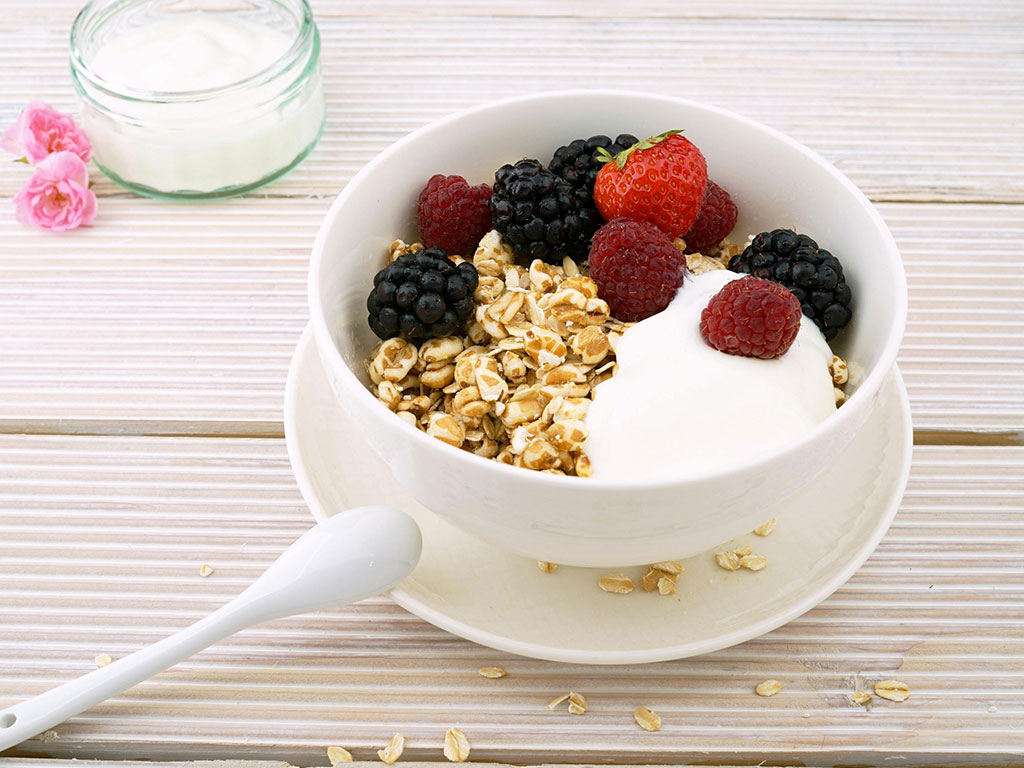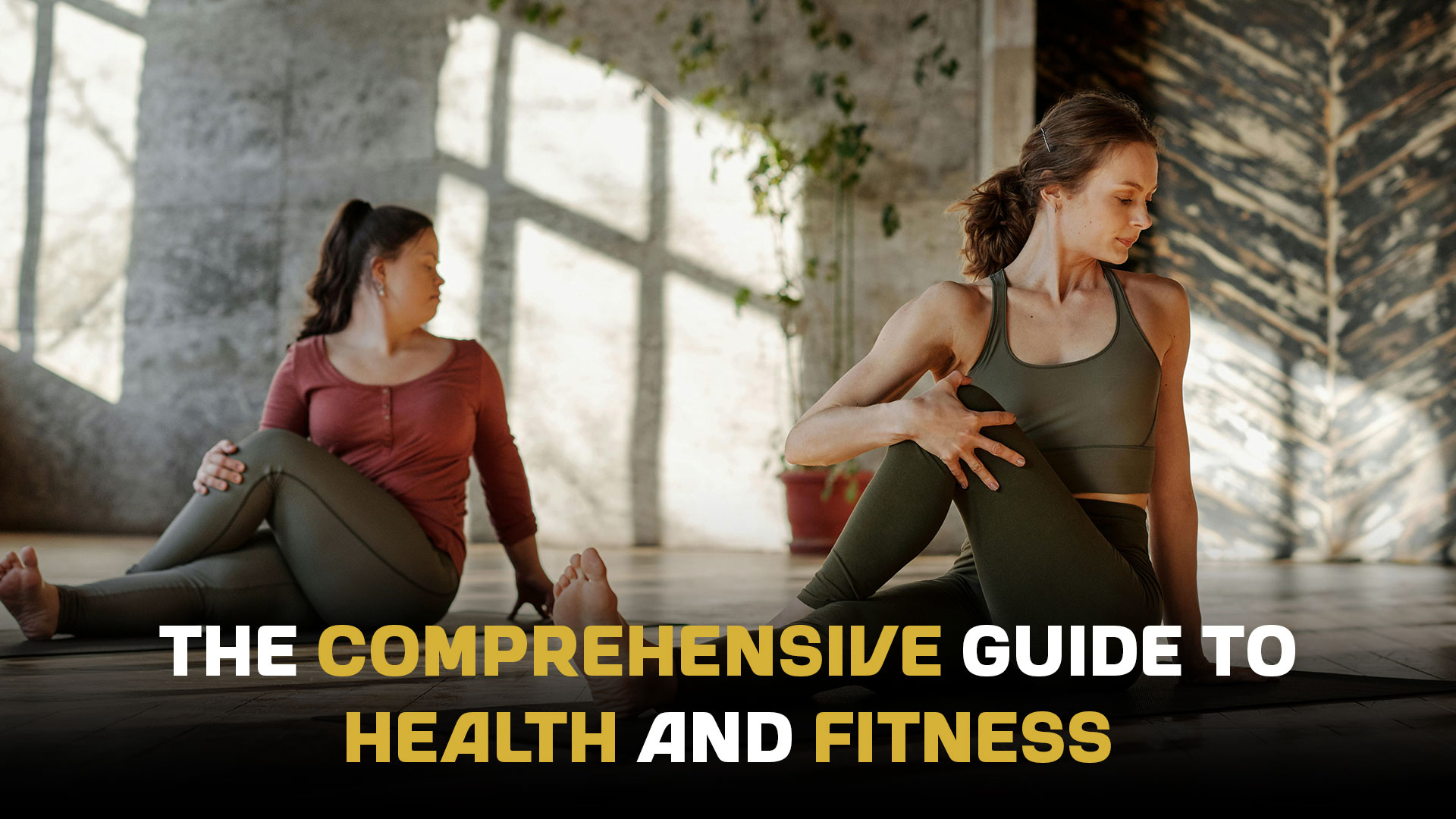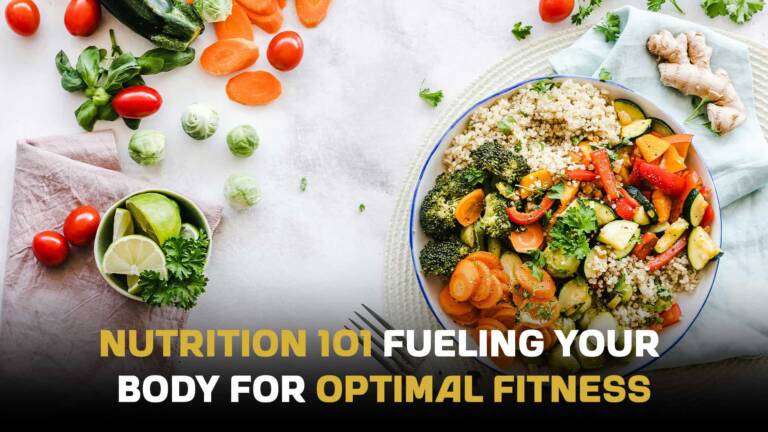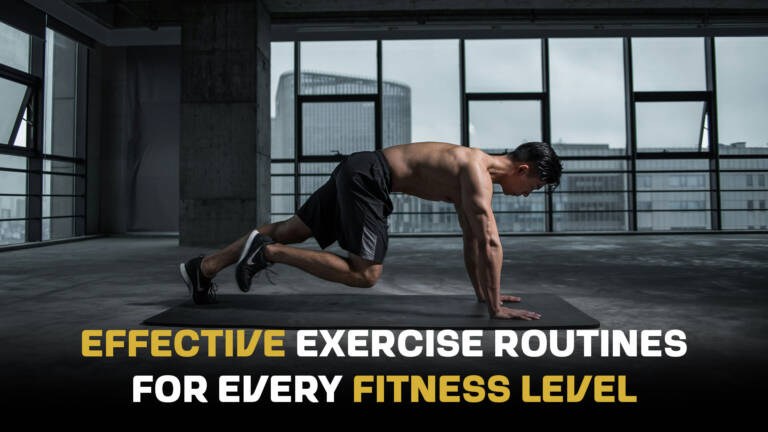Let’s be real—health and fitness aren’t just about looking good in a selfie or flexing in front of the mirror. It’s about feeling good, living longer, and crushing life’s challenges with energy to spare. Whether you’re a gym newbie, a seasoned athlete, or just someone who wants to feel better daily, this guide covers you.
Ready to unlock the secrets to a healthier, fitter you? Let’s dive in.
Mindset: The Foundation of Health and Fitness

First things first—your mindset. Before you lift a weight or run a mile, you need to get your head in the game. Health and fitness aren’t just physical; they’re mental, too. It’s about committing to a lifestyle, not just a quick fix. Think of it as a long-term investment in yourself. You’re not just working out to lose a few pounds but building a foundation for a healthier, happier life.
Start by setting realistic goals. Want to run a marathon? Great. But if you’ve never run before, start with a 5K. Want to build muscle? Awesome. But don’t expect to look like The Rock after a month. Break your goals down into manageable steps, and celebrate every victory, no matter how small. Remember, progress is progress, and every step forward counts.
Nutrition: Fueling Your Body Right

You’ve heard it before—“You are what you eat.” But seriously, your diet is a game-changer when it comes to health and fitness. It’s not just about cutting calories or avoiding carbs; it’s about giving your body the fuel it needs to perform at its best.
Macronutrients are the big players here—proteins, carbs, and fats. Each one plays a crucial role in your body. Protein is your muscle’s best friend, helping with repair and growth. Carbs are your main energy source, powering you through workouts and daily activities. And fats? They’re essential for hormone production, brain function, and absorbing certain vitamins.
Then there are micronutrients—the vitamins and minerals that keep everything running smoothly. Think of them as the behind-the-scenes crew making sure the show goes on. Vitamin D keeps your bones strong, iron helps transport oxygen in your blood, and magnesium supports muscle function.
The best way to get these nutrients? A balanced diet with full of whole foods like fruits, veggies, lean proteins, and whole grains.
Exercise: Moving Your Body, Building Strength
Now, let’s talk about moving that body. Exercise is more than just hitting the gym; it’s about finding ways to stay active that you enjoy. Because, let’s face it, if you hate running, you’re not going to stick with it. The key is to find a mix of exercises that keep you motivated and challenged.

Cardio is your heart’s best friend. It’s all about getting your heart rate up and improving your endurance. Whether it’s running, cycling, swimming, or dancing, cardio helps burn calories, improve cardiovascular health, and boost your mood.
Strength training is where you build muscle and get stronger. It’s not just about lifting heavy weights (though that’s fun too). Bodyweight exercises, resistance bands, and even yoga can help build strength. The best part? More muscle means a higher metabolism, so you’ll burn more calories even when you’re chilling on the couch.
And don’t forget flexibility and mobility. Stretching, yoga, and mobility exercises keep your muscles limber and your joints healthy. Plus, they help prevent injuries, so you can keep crushing your workouts without setbacks.
Rest and Recovery: The Secret to Progress
Here’s something that might surprise you—rest and recovery are just as important as your workouts. In fact, without proper recovery, all that hard work can go to waste. Your muscles need time to repair and grow, and your mind needs time to recharge.

Sleep is your body’s natural recovery tool. Aim for 7-9 hours of quality sleep per night. It’s during sleep that your body repairs tissues, builds muscle, and releases growth hormones. Plus, good sleep keeps your mind sharp and your mood in check.
Then there’s active recovery—low-intensity activities like walking, yoga, or swimming that help increase blood flow and reduce muscle soreness without putting stress on your body. It’s a great way to stay active while giving your muscles the TLC they need.
Mental Health: The Overlooked Aspect of Fitness
Physical health is crucial, but mental health is equally important. You can be in peak physical condition, but if your mental health is struggling, you’re not truly healthy.
Stress management is the key. Chronic stress can lead to a host of health problems, from heart disease to depression. Finding ways to manage stress—whether it’s through exercise, meditation, hobbies, or talking to a friend—can make a huge difference in your overall well-being.
Mindfulness and mental clarity are also vital. Taking time to unplug, reflect, and be present can help you stay focused and grounded. Whether it’s through meditation, journaling, or just taking a few minutes each day to breathe, these practices can help you maintain mental and emotional balance.
Consistency: The Ultimate Key to Success
Here’s the deal—consistency is everything. You don’t have to be perfect; you just have to keep showing up. It’s the small, consistent actions that add up over time to create lasting change. Whether it’s sticking to your workout routine, eating balanced meals, or getting enough sleep, consistency is what will get you results.
Remember, there will be days when you don’t feel like it. That’s normal. The key is to push through those days and keep going. Because every time you show up for yourself, you’re building resilience, discipline, and self-respect.
Finding Balance: Health and Fitness in The Everyday Life
Finally, let’s talk about balance. Health and fitness shouldn’t feel like a chore or something you have to obsess over. It’s about finding a routine that fits into your life, not the other way around. Sure, there will be days when you have to prioritize a workout or meal prep over other things, but it’s also okay to enjoy a rest day, eat pizza, or binge-watch your favorite show.
Trending:- Nutrition 101: Fueling Your Body for Optimal Fitness




2 Comments